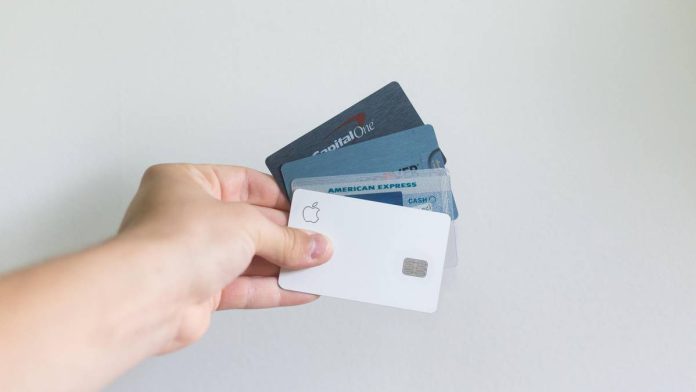Travel
21 Jun, 2022 01:40 AM
The days of converting physical cash for travel may be over. Photo / Unsplash
For the longest time, the process of going abroad has always involved the ritual of converting our cash into foreign currency, whether at a local bank, foreign ATM or airport currency exchange booth.
Yet, in just a few years, my little snaplock bags of pounds, Yen, Euros and US dollars have become relics of a bygone era; a time before you could largely travel with a tap of your credit card or mobile wallet.
While digital payment options have been in the works for a decade, the pandemic was an undeniable catalyst that prompted more people to shop online while in lockdown and favour tap-to-pay over handling physical cash.
Combine this changing landscape with a lack of travel and it’s fair to feel a little uncertain about how to do money well while overseas.
Keep a little cash
Overseas shops, restaurants, markets and attractions may be embracing contactless payment options but don’t ditch all your cash just yet. Recently, while travelling around the big city fo Quito, Ecuador I was relieved to have a few coins on hand when visiting a public bathroom after realising you had to ‘buy’ toilet paper from a coin-operated machine. So, it pays to have a little cash when travelling around smaller, less urban cities or places with a strong tipping culture.
Always go local
If you aren’t familiar with the phrase ‘Dynamic Currency Conversion’ allow me to introduce you to one of the biggest currency scams for travellers. Known as DCC, this is a service that offers a cardholder the option to pay for something in the local or home currency. For example, a credit card machine at a New York restaurant could offer an option to pay in USD or NZD.
At first, the opportunity to pay in NZD seems kind as you can see exactly how much you’ll be charged in a familiar currency.
The catch? This allows the ATM, merchant or online website to charge whatever exchange rate it likes. Which, unsurprisingly, is often much higher than the actual rate with additional charges added on top.
So, always, always use local currency to avoid being hit with steep conversion rates and charges.
Credit card or debit card?
Okay, so more destinations favour card payments, and the best bet is to select local currency but the question is, what card should we use?
Related articles
According to research from Money Hub in April, using a debit or credit card for overseas purchases (either online or outside NZ), can incur an additional 1.3 – 4.5 per cent fee, depending on your card.
Following the study, the Wise Debit Card was touted as the best bang for your overseas buck. Aside from a NZ$14 cost for the card, it offers the best exchange rates and low (or in some instances, free) conversion fees. The card also comes with an app that tracks your spending in foreign and NZ currency.
If you’re set on a credit card, Flight Centre Mastercard was rated the best thanks to a 0 per cent overseas currency conversion fee and ANZ offered the best bank deal with a 1.30 per cent currency conversion fee.













